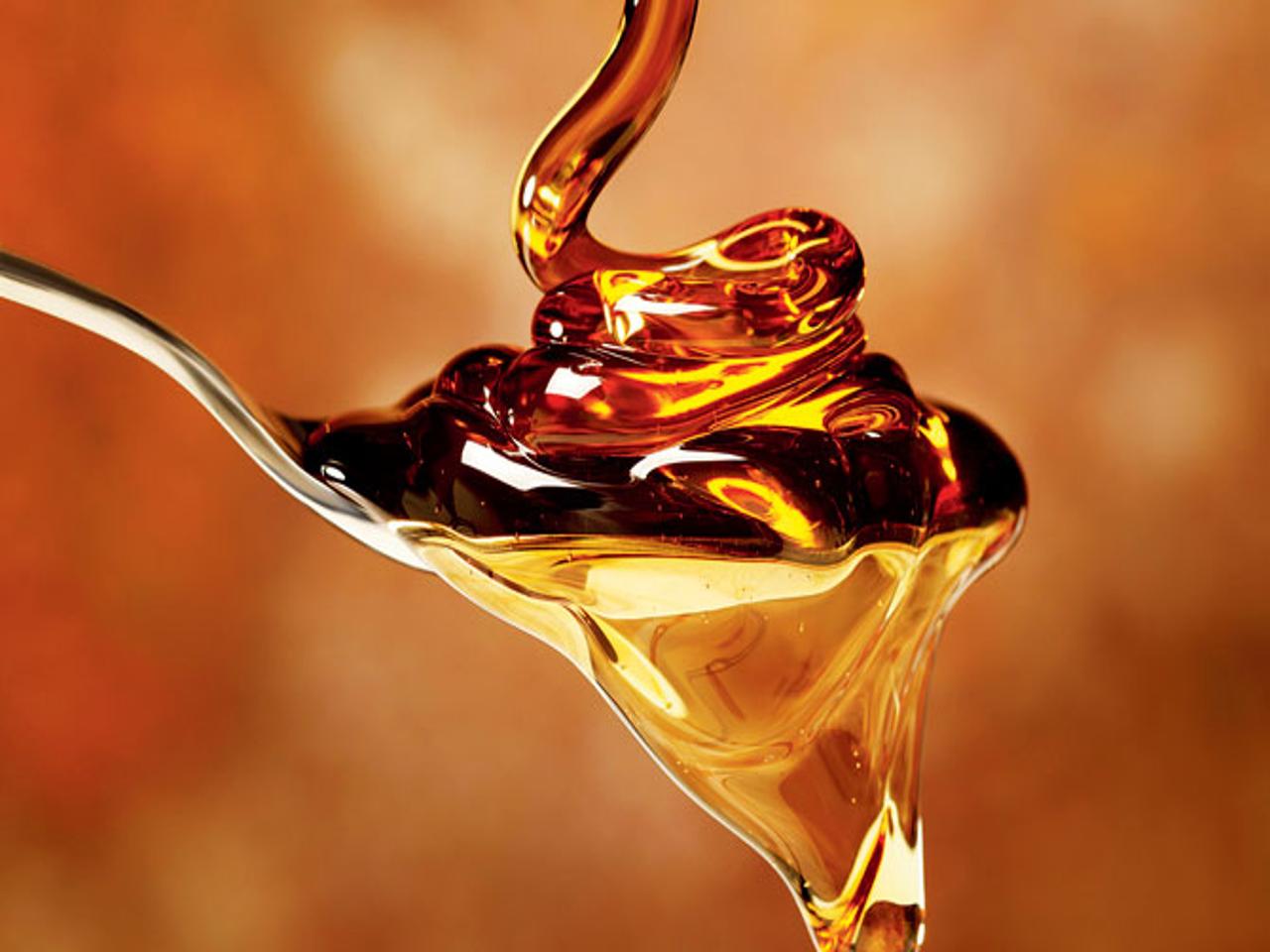What is alcohol allergy?
True alcohol allergy is rare, but the reactions can be severe. What most people believe to be alcohol allergy is actually alcohol intolerance. Some people are also allergic to other components of alcoholic drinks. For example, potential allergens in alcoholic drinks include:
- wheat
- barley
- rye
- hops
- yeast
- grapes
People often call alcohol intolerance an alcohol allergy, and vice versa. People who have a true alcohol allergy should avoid drinking alcohol entirely.
What are the symptoms of alcohol allergy?
If you have a true alcohol allergy, even small amounts of alcohol can cause symptoms. In some cases, it can even cause anaphylaxis. This is a potentially life-threatening allergic reaction.
Symptoms of an allergic reaction may include:
- itchy mouth, eyes, or nose
- hives, eczema, or itchiness on your skin
- swelling of your face, throat, or other body parts
- nasal congestion, wheezing, or difficulty breathing
- abdominal pain, nausea, vomiting, or diarrhea
- dizziness, light-headedness, or loss of consciousness
You should never ignore the symptoms of an allergic reaction. If left untreated, an allergic reaction can quickly become worse. In rare cases, severe allergic reactions can be fatal.
It’s possible to develop an alcohol allergy at any point in your life. Sudden onset of symptoms may also be caused by a newly developed intolerance. In rare cases, pain after drinking alcohol might be a sign that you have Hodgkin’s lymphoma.
If you develop symptoms after drinking alcohol, make an appointment with your doctor.
What causes alcohol allergy?
If you have an allergy, your immune system over-reacts to contact with a trigger or “allergen.” If you have an alcohol allergy, your immune system treats alcohol as a threat. It responds to alcohol by producing antibodies known as immunoglobulin E (IgE). These antibodies trigger an allergic reaction in your body.
True alcohol allergy is very rare. Alcohol intolerance is more common.
What is the difference between alcohol allergy and intolerance?
If you have an alcohol allergy, your immune system over-reacts to alcohol. If you have alcohol intolerance, your digestive system doesn’t process alcohol properly. You might also react to certain alcoholic beverages if you have a histamine or sulfites intolerance. In very rare cases, reactions to alcohol may be a sign of Hodgkin’s lymphoma.
Alcohol intolerance
Aldehyde dehydrogenase (ALDH2) is an enzyme that your body uses to digest alcohol. It turns alcohol into acetic acid, a main component of vinegar, in your liver. Some people have a variant in the gene that codes for ALDH2. This variant is more common in people of Asian descent.
If you have this variant, it causes your body to produce less active ALDH2. This prevents your body from digesting alcohol properly. This condition is called an ALDH2 deficiency. It’s a common cause of alcohol intolerance.
If you have an ALDH2 deficiency, your face may get red and warm when you drink alcohol. You may also experience other symptoms, such as:
- headache
- nausea
- vomiting
- rapid heartbeat
According to a 2010 study published in BMC Evolutionary Biology, the gene change responsible for ALDH2 deficiency is linked to the domestication of rice in southern China several centuries ago.
Histamine intolerance
Histamine is a chemical that occurs naturally in your body. It’s also found in many foods and beverages, especially fermented products. For example, aged cheese, smoked meats, sauerkraut, wine, and beer tend to be high in histamines.
Normally your body produces an enzyme called diamine oxidase (DAO) to break histamine down. If your body doesn’t produce enough active DAO, you may react to histamine in foods and beverages.
The symptoms of histamine intolerance are similar to an allergic reaction. For example, potential symptoms include red and itchy skin, nasal congestion, shortness of breath, abdominal pain, and diarrhea.
Red wine tends to have higher levels of histamine than white wine or beer.
Sulfites intolerance
Some people have an intolerance or sensitivity to sulfites. These compounds are often added to beer and wine to limit the growth of yeast and act as a preservative. Common sulfites include potassium bisulfite or potassium metabisulfite. Sulfur dioxide is another closely related chemical that can trigger reactions in some people.
Some people experience allergy-like reactions to sulfites. Some types of sulfites might also trigger an asthmatic attack if you have asthma.
White wine tends to contain higher levels of sulfites than red wine and beer.
Hodgkin’s lymphoma
Some people with Hodgkin’s lymphoma experience pain after drinking alcohol. Hodgkin’s lymphoma is a type of cancer that can affect your lymphatic system. Many people with Hodgkin’s lymphoma develop enlarged lymph nodes. Typically, these lymph nodes aren’t painful. But in rare cases, they become painful after alcohol consumption. The exact cause of this response is unknown.
How is alcohol allergy diagnosed?
If you develop symptoms after drinking alcohol, make an appointment with your doctor. Depending on your symptoms, they might refer you to an allergist for testing and treatment. An allergist is a special type of doctor that focuses on allergic conditions.
Your doctor will probably start by asking you questions about your symptoms and medical history, such as:
- What alcoholic beverages trigger your symptoms?
- What symptoms do you experience?
- When did you start getting symptoms?
- Do you have relatives with allergies?
- Do you have any other medical conditions?
If they suspect you have a true allergy to alcohol or another ingredient in alcoholic beverages, they will likely conduct allergy testing. The most common type of allergy testing is the skin prick test. During a skin prick test, your doctor will use a lancet to prick or scratch your skin. They will apply a drop of allergen extract to the pricked or scratched area. Your skin’s reaction can help them learn if you have an allergy.
In some cases, they might use an oral challenge test to diagnose an allergy or intolerance. In this procedure, they will ask you to consume a sample of your suspected trigger. They will observe any symptoms you develop. They may also conduct blood tests.
Allergy testing should always be done in a medical setting. In can occasionally trigger a severe allergic reaction. It’s important to have medical treatment available.
How can you treat alcohol allergy?
If you have a true alcohol allergy, the only way to avoid symptoms is to avoid alcohol entirely. Even a small amount of alcohol can trigger a severe reaction. Read the ingredient lists of foods and drinks, ask restaurant staff for information about menu items, and avoid products that contain alcohol. Some foods contain alcohol as an added ingredient.
If you’re allergic to another ingredient contained in certain alcoholic products, switching to a different drink might be an option. For example, barley is typically found in beer but not wine. Ask your doctor for guidance.
If you experience a mild allergic reaction, over-the-counter oral antihistamines may be enough to treat it. If you develop any signs of a severe reaction, you should receive one or more doses of epinephrine. This medication is also called adrenaline. It’s available in preloaded syringes, known as epinephrine auto-injectors (e.g., EpiPen). If your doctor prescribes an epinephrine auto-injector, you should carry it with you at all times. Use it at the first sign of a severe allergic reaction. Then go to your nearest emergency department for follow-up care.
If you have a non-allergic intolerance to alcohol, histamine, sulfites, or other components of alcoholic beverages, your doctor might encourage you to limit or avoid certain types of alcohol. In some cases, over-the-counter or prescribed medications might help alleviate symptoms.
Ask your doctor for more information about your diagnosis and treatment options.





